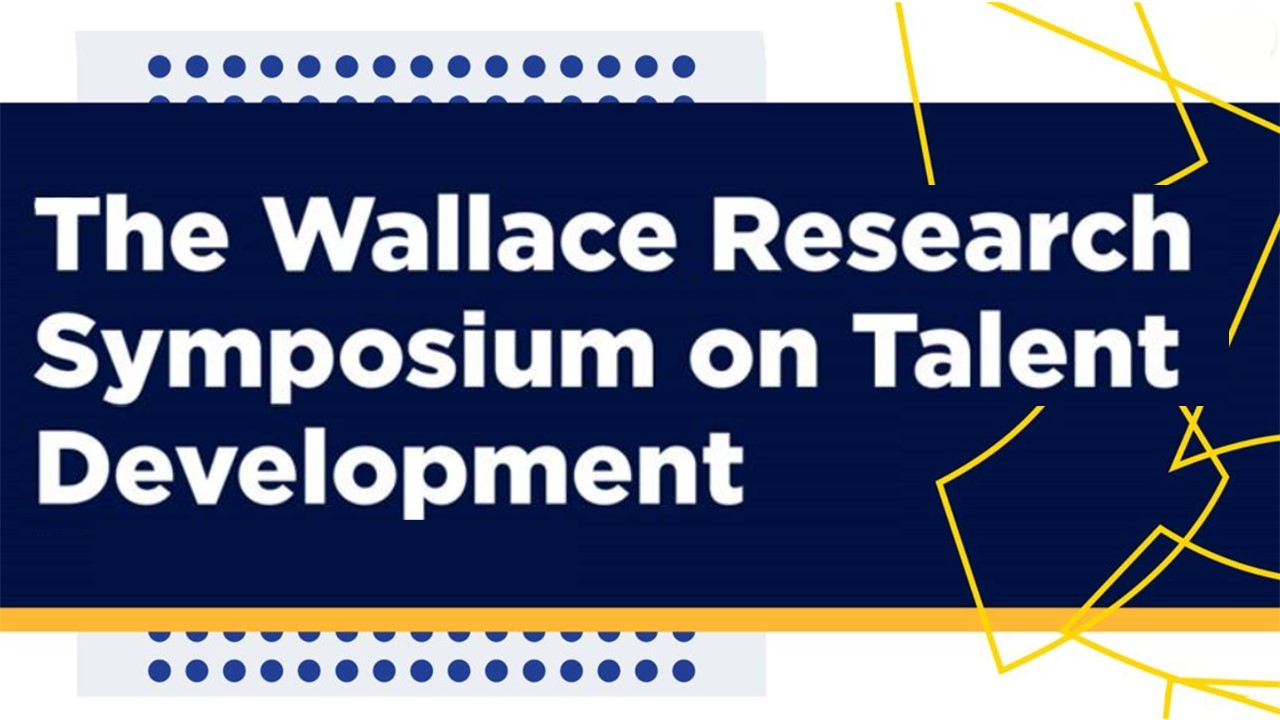
Schedule
Speakers
Campus/Building Maps
Updates
Using Positive Psychology to Identify and Serve Underrepresented Students in Gifted and Talented Education — F. Richard Olenchak, Ophelie A. Desmet, Kristen Seward, Anne Traynor, & Karen B. Arnstein
Tuesday, May 21, 2024, 10:45 am – 12:15 pm, Lawrence D. McHugh Hall, Room MCHU 205
The representation gap in gifted and talented education poses a persistent challenge in educational systems worldwide. This presentation will focus on an experimental project using the Bull’s Eye Model for Affective Development-Expansion (BEM-e; Olenchak, 2009; Olenchak et al., 2016) as a theoretical and innovative framework designed to address this gap by incorporating elements from positive psychology. The BEM-e aims to identify and nurture traditionally underrepresented students who possess camouflaged gifted and talented abilities. Drawing upon the affective traits of Engagement, Perseverance, Optimism, Connectedness, and Happiness outlined in the EPOCH model (Kern et al., 2016), along with the constructs of hope and metacognition (Seligman et al., 2003), BEM-e provides a comprehensive approach to talent identification and service. The model emphasizes the holistic development of individuals by considering affective traits shown to have correlations with high ability and ultimately with accomplishment and well-being (Kern, 2022; Sharifi & Sharifi, 2014; Wai & Lakin, 2020). Additionally, by coupling dynamic assessment with components of BEM-e positive psychology developmental modules during implementation with students in schools, this theoretical model can yield a personalized and adaptive gifted and talented identification process.